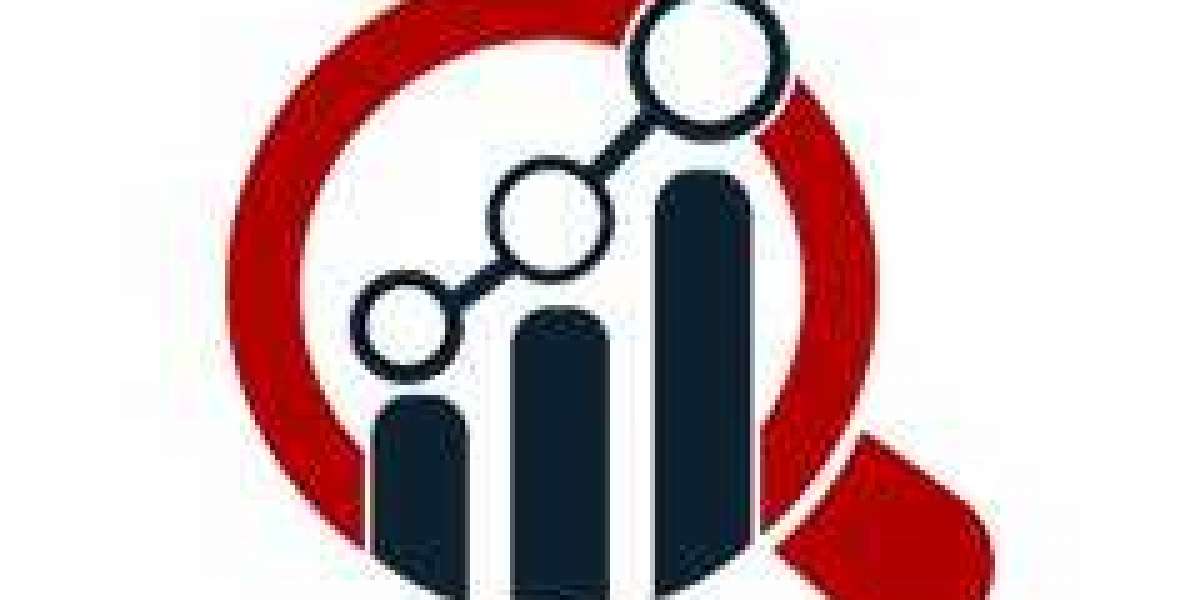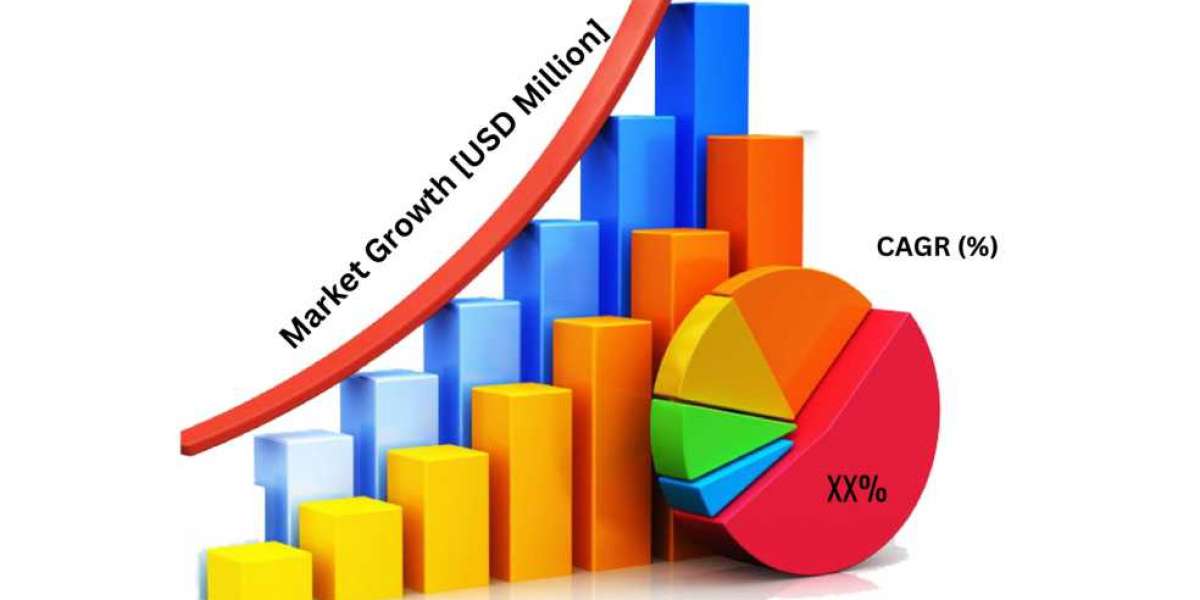Software as a Medical Device (SaMD): The Future of Digital Health Innovation
Introduction
Software as a Medical Device (SaMD) is revolutionizing the healthcare industry by transforming how medical services are delivered, diagnosed, and managed. Unlike traditional medical devices, SaMD refers to software that performs medical functions without being part of a physical device. As artificial intelligence, cloud computing, and mobile health technologies evolve, SaMD is emerging as a crucial tool in personalized medicine, chronic disease management, and real-time diagnostics.
What is Software as a Medical Device (SaMD)?
The term SaMD was defined by the International Medical Device Regulators Forum (IMDRF) as software intended to be used for one or more medical purposes — such as diagnosing, preventing, monitoring, or treating disease — without being part of a hardware medical device.
Examples include:
Mobile apps that diagnose skin lesions using AI
Software that analyzes ECG signals
Cloud-based tools that assist with insulin dosage decisions
Digital platforms that screen for mental health conditions
Key Features of SaMD
Standalone functionality: Works independently of any hardware
Regulated as a medical device: Requires approval from regulatory bodies like the FDA or European Medicines Agency (EMA)
Cloud and mobile compatibility: Often delivered via web platforms, smartphones, or wearables
Continuous updates and improvements: Can evolve quickly with software patches or machine learning models
Why SaMD Matters in Modern Healthcare
✅ Faster, More Accurate Diagnosis
AI-powered SaMD can analyze data instantly, supporting early detection and better clinical decisions.
✅ Personalized Treatment Plans
With patient-specific inputs, SaMD tailors recommendations, enabling precision medicine.
✅ Remote Monitoring
Many SaMD tools support telehealth and remote patient monitoring, essential for managing chronic diseases and elderly care.
✅ Cost-Effective and Scalable
SaMD reduces the need for physical devices and hospital visits, making care more affordable and accessible.








